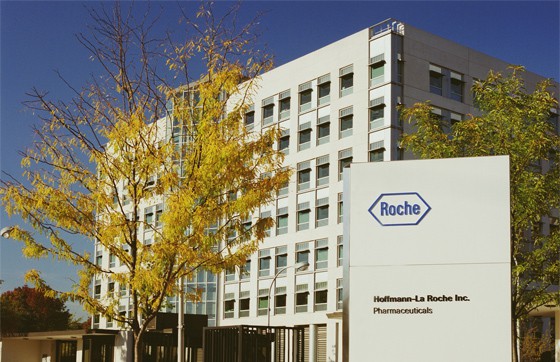
Roche’s Genentech unit has drawn a line under its civil lawsuit with Taiwan’s JHL Biotech over the theft of trade secrets, agreeing a path to resolve the dispute.
News of the spat emerged last year, with Genentech accusing JHL of stealing its confidential and proprietary information in order to guide the development of biosimilar versions of Rituxan (rituximab), Herceptin (trastuzumab) and Avastin (bevacizumab) – Roche’s ‘big three’ antibody products.
Federal prosecutors accused three ex-Genentech workers – former principal scientist Xanthe Lam, her husband Allen Lam and James Quach – of funnelling sensitive manufacturing-related information related to the three antibodies to JHL last year, along with other information related to Roche’s cystic fibrosis therapy Pulmozyme (dornase alfa).
In a statement issued in the early hours of this morning, Genentech said it had agreed a “memorandum of understanding” with JHL in which the Taiwan company “is required to abandon development of and destroy all cell lines and cell banks associated with Genentech’s medicines…and cease from disclosing, using or sharing any confidential Genentech information in any way in its business”.
That includes the right to conduct unannounced audits to ensure compliance with the agreement, it added. Financial terms of the agreement are not being disclosed.
The company also said JHL had agreed to cooperate fully with Genentech’s investigation into the misappropriation of information at the South San Francisco facility where Lam et al worked.
The three ex-Genentech workers, plus JHL employee John Chan, pleaded not guilty to criminal theft charges brought by federal prosecutors last year and were released on bond. At the same time Genentech has started to prepare its own civil litigation against the defendants, which is pending the outcome of the federal case.
JHL has been developing biosimilars of Rituxan, Herceptin and Avastin, which have all lost patent protection, and has a partnership with Sanofi for the Rituxan product.
In March, a US court issued an injunction against JHL offering products based on Genentech’s intellectual property for sale, but did not stop the company from working towards regulatory approval of its biosimilars.
“Through this agreement, we’re pleased to have secured the return of our property and the prevention of any further dissemination and illegal use,” said Genentech’s general counsel Sean Johnston.
“Leveraging trade secrets and confidential and proprietary information from an employer or a competitor to create an unfair and illegal competitive advantage is a serious crime,” he added.
“Dishonest and illegal actions such as these threaten scientific innovation, obstruct fair competition, and undermine the hard work of our employees and people throughout the industry.”
Last year, two scientists working for GlaxoSmithKline in Philadelphia admitted conspiring to steal trade secrets and passing them on to Chinese company Renopharma.




